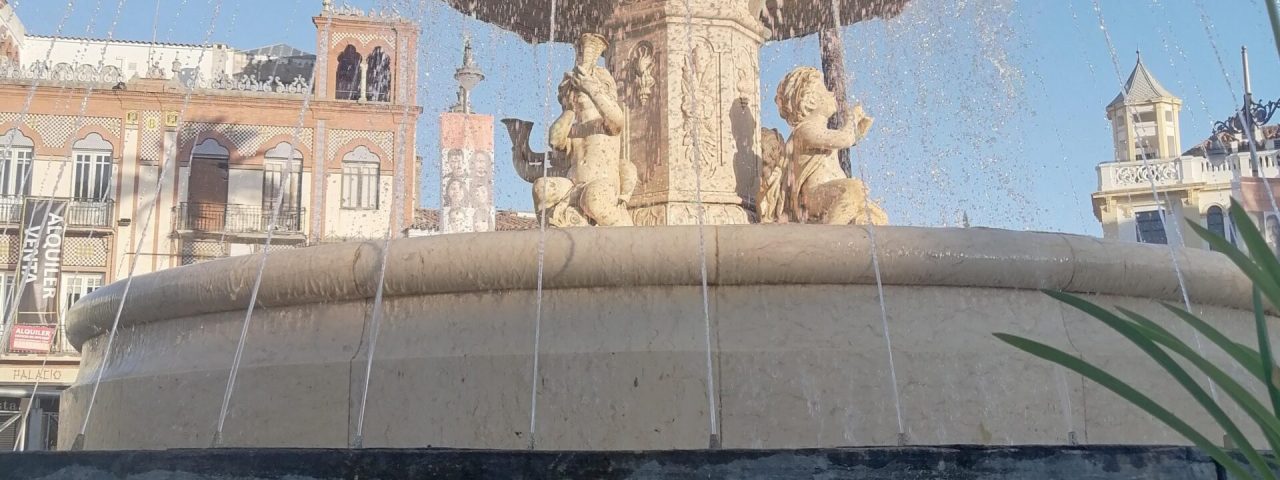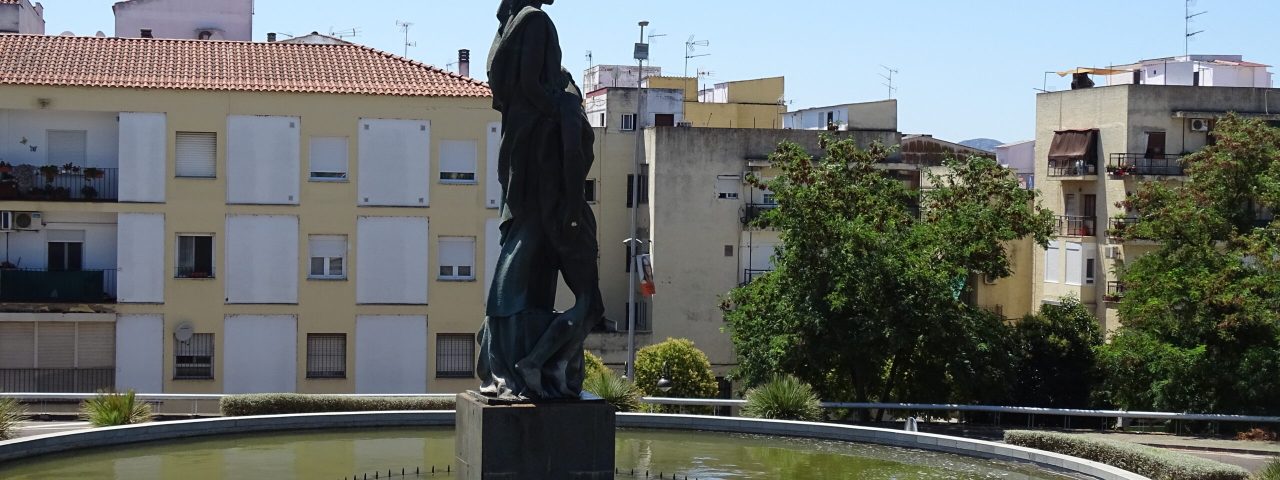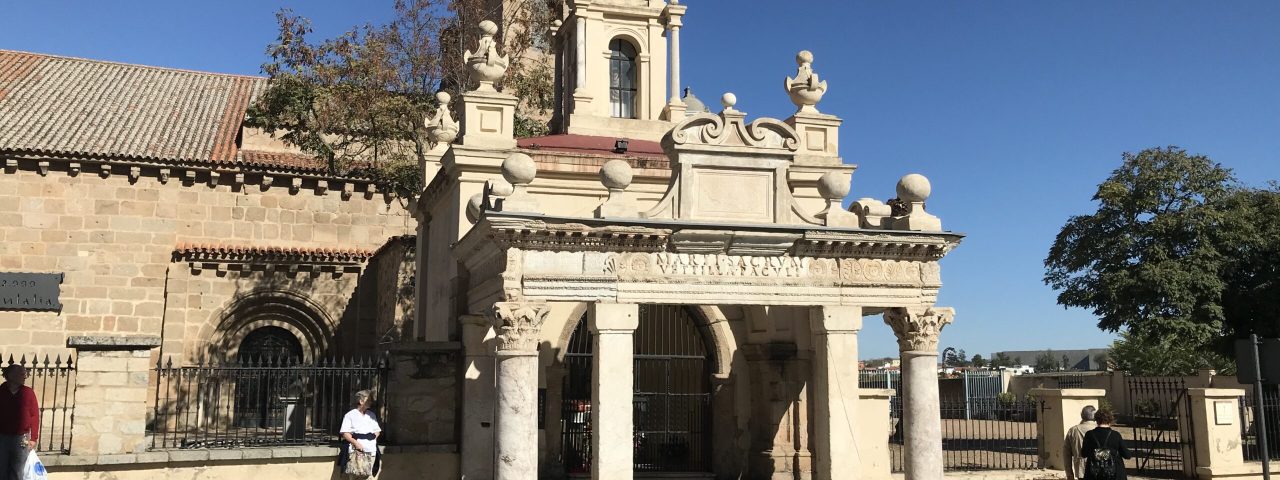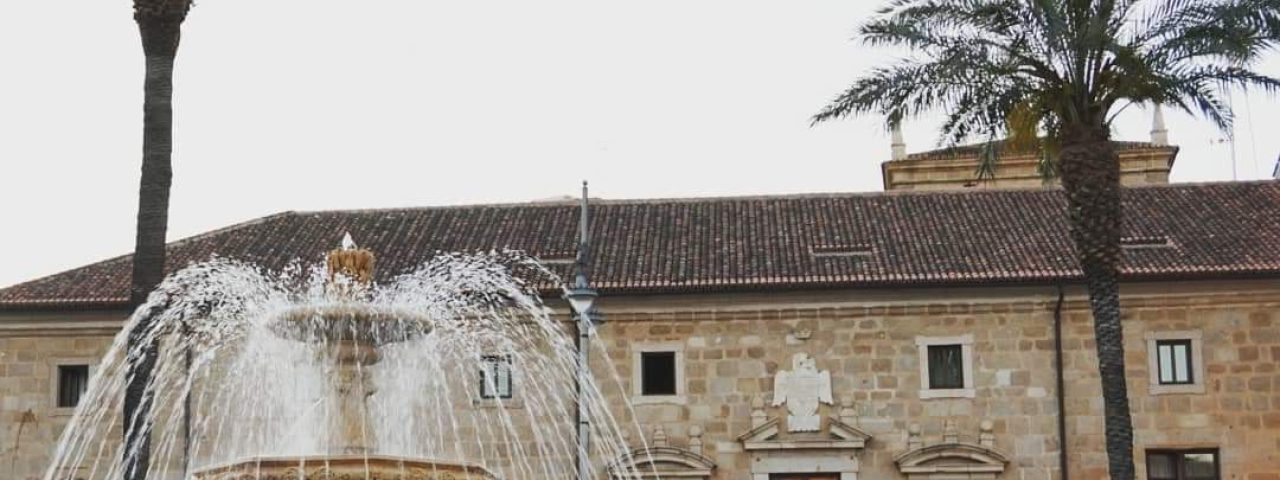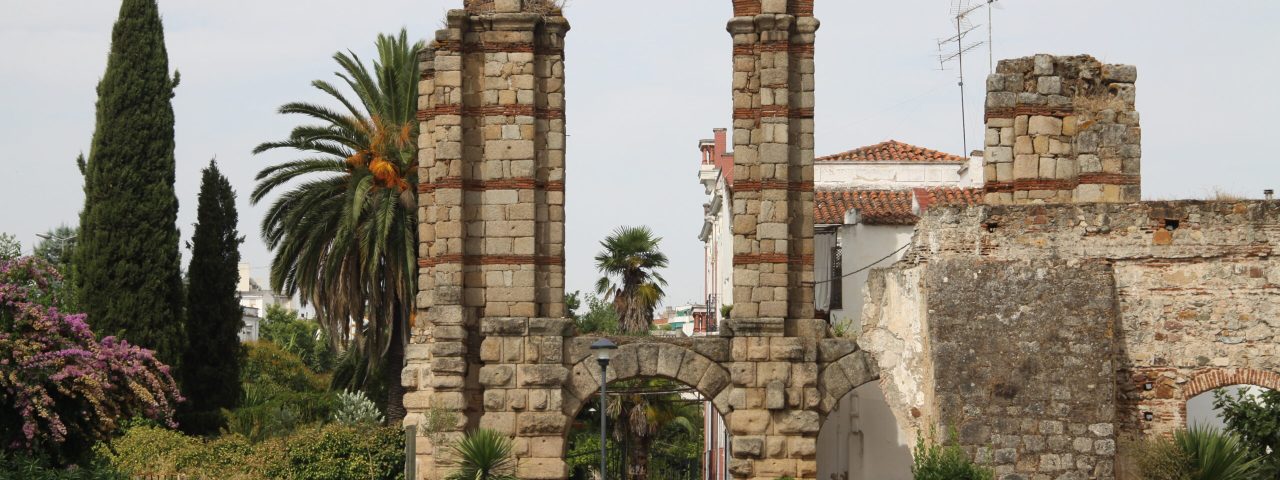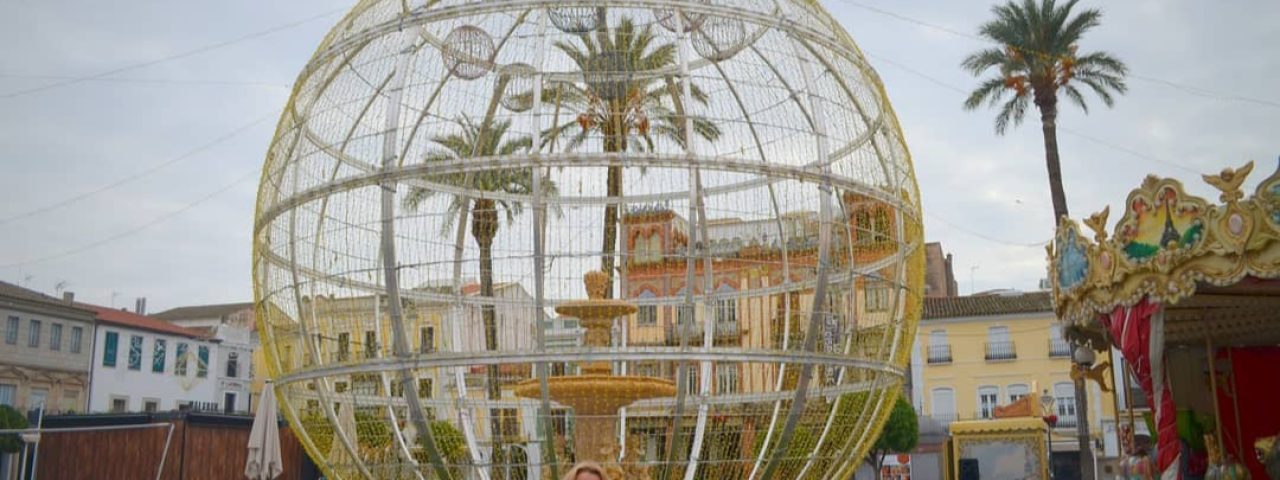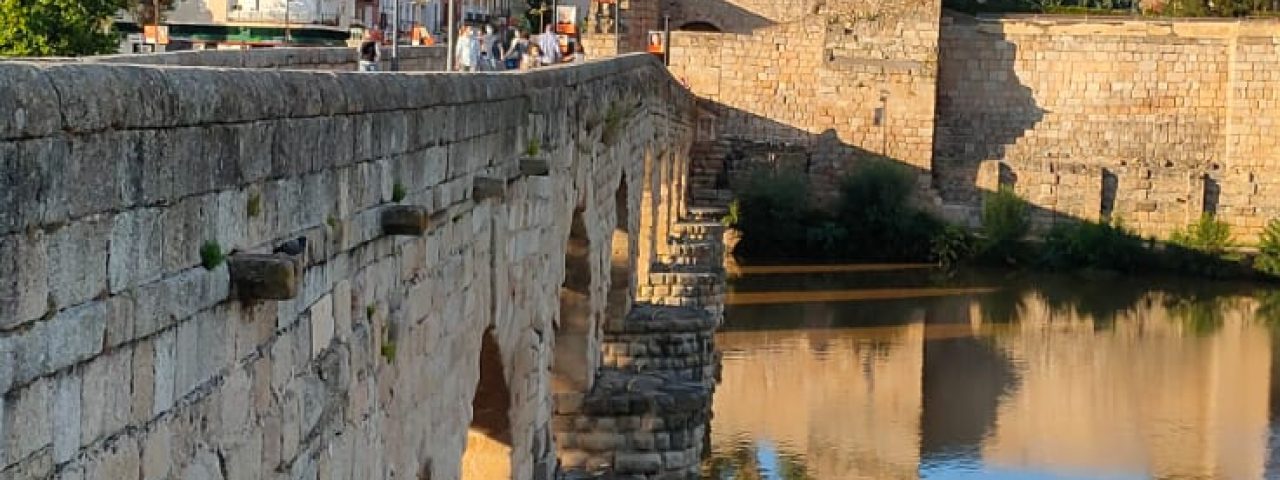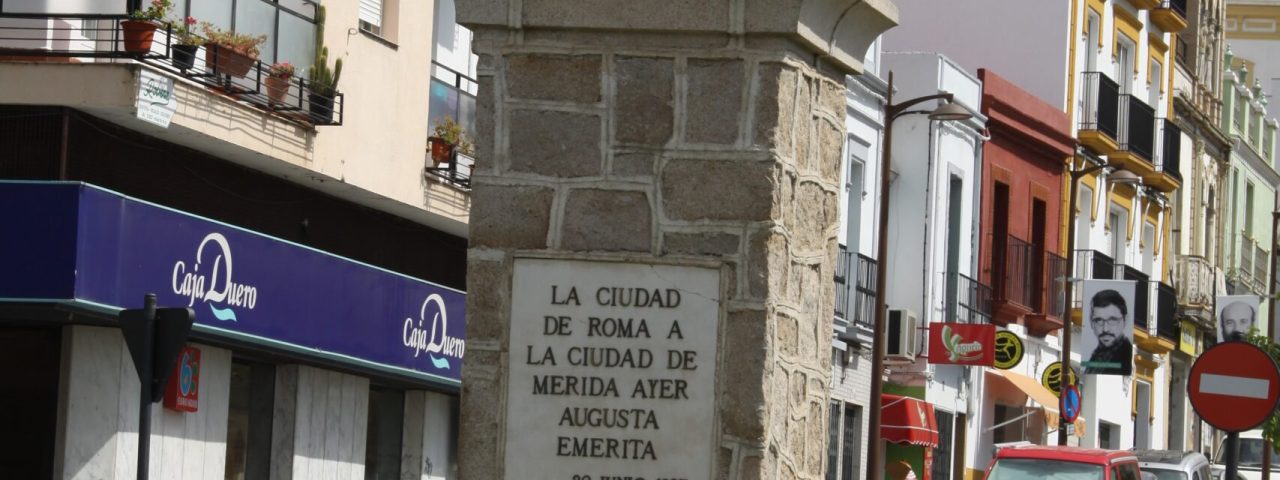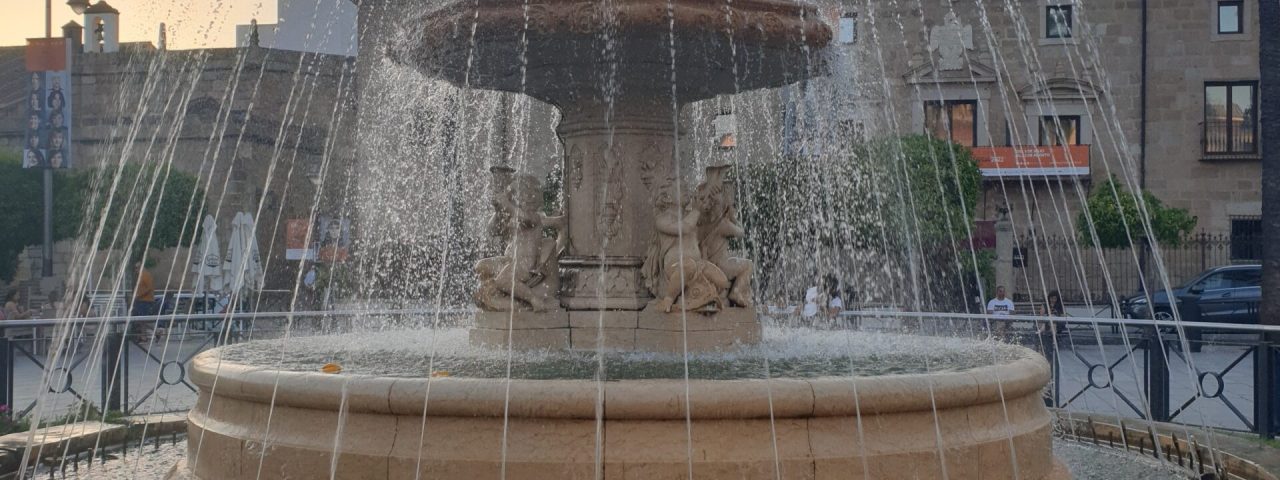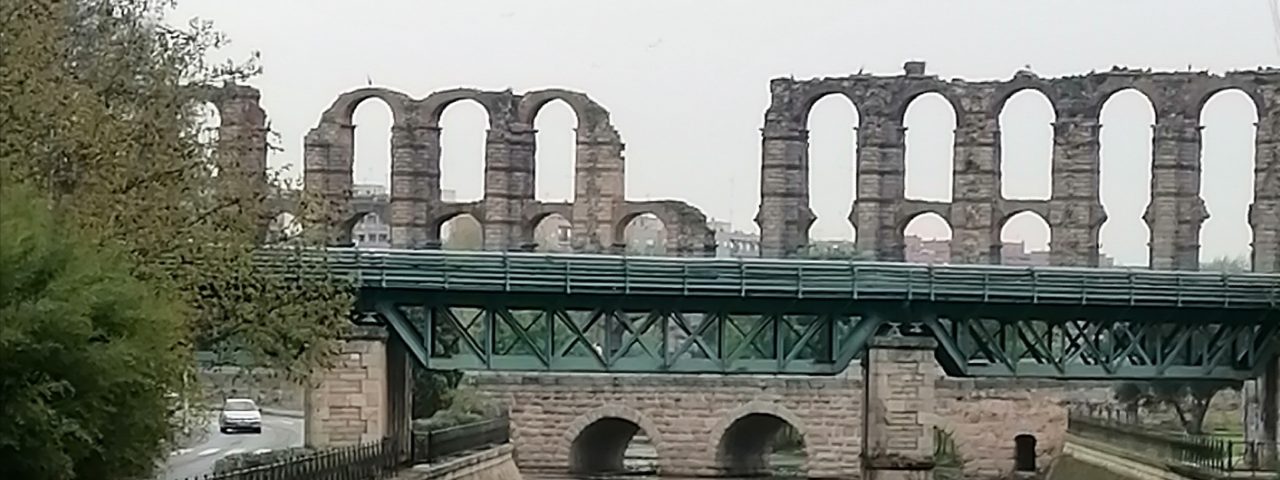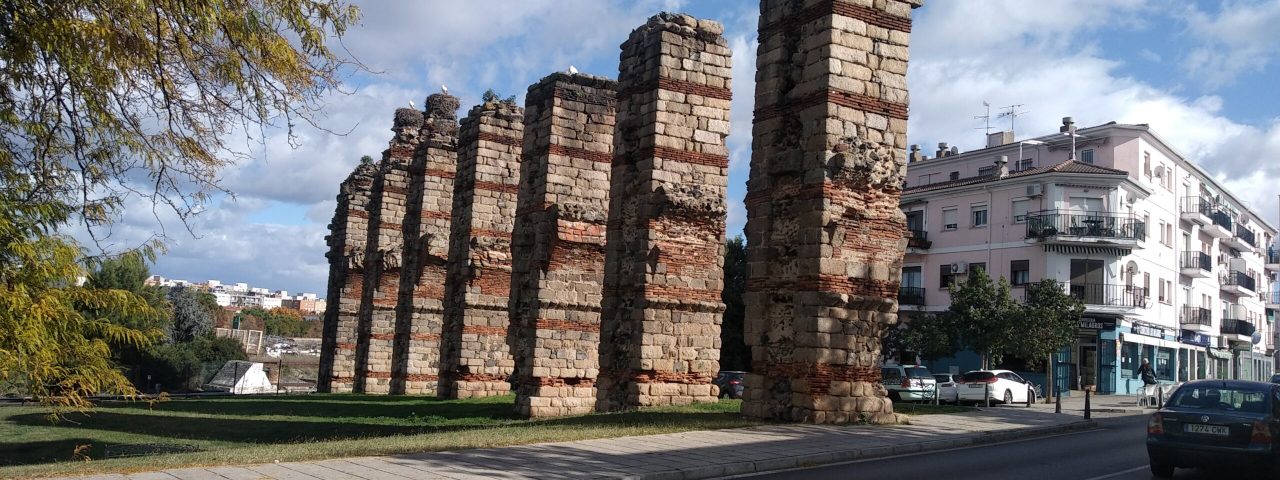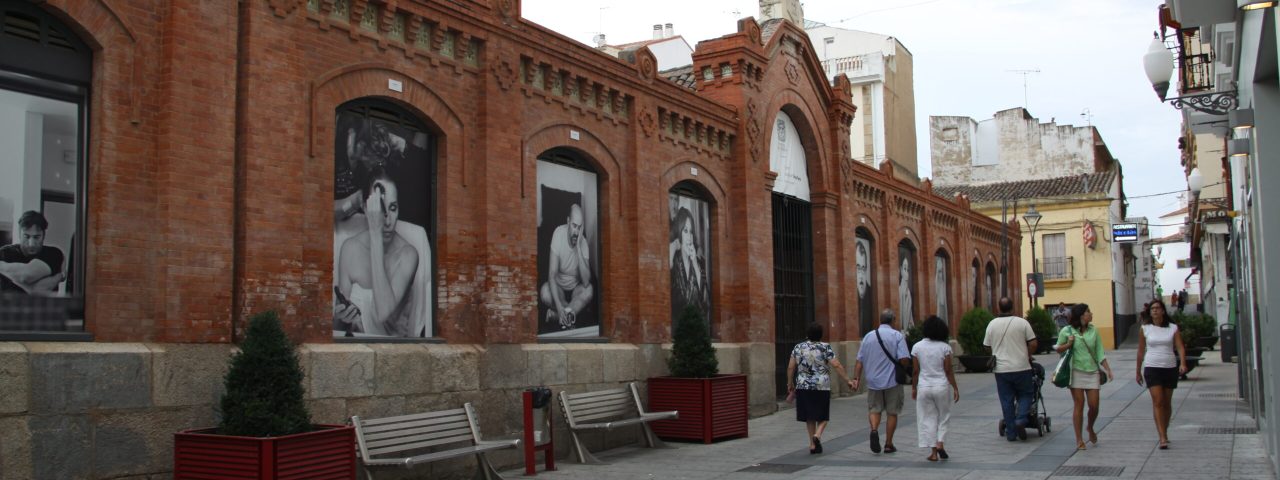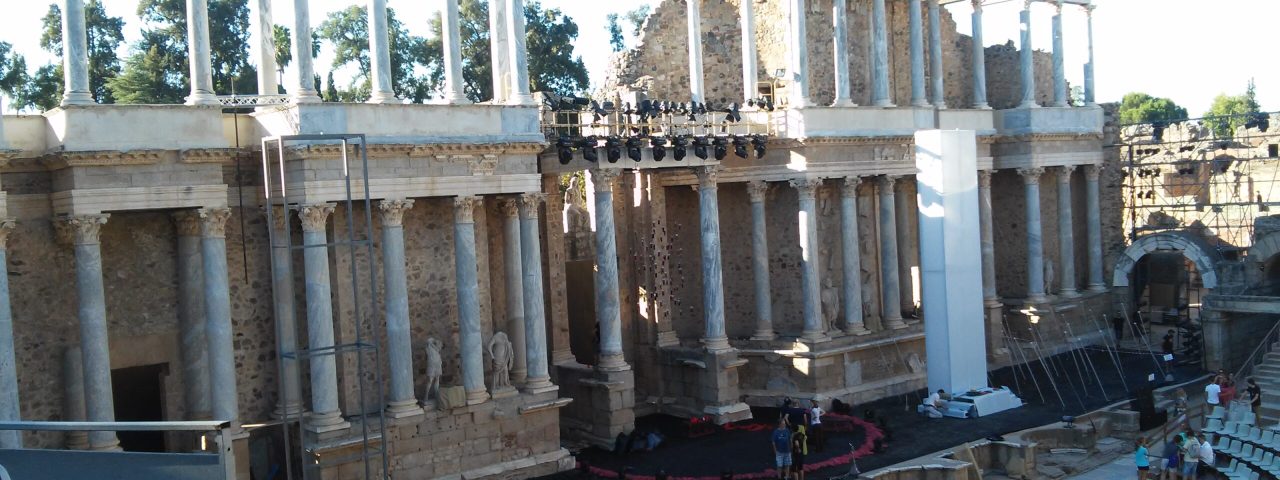Mérida boasts a rich history that dates back to 25 BC when it was founded as “Augusta Emerita” by the Roman Emperor Augustus. The city quickly became one of the most important cities in the Roman Empire, serving as the capital of the Roman province of Lusitania. Today, Mérida is home to some of the best-preserved Roman ruins in Spain, including a Roman amphitheater, a theater, and an impressive aqueduct. These historical landmarks reflect the city’s deep connection to the Roman era, and they continue to serve as venues for cultural events, such as the annual Mérida Classical Theatre Festival.
Beyond its Roman legacy, Mérida has also been shaped by Visigoth, Moorish, and Christian influences. Throughout the centuries, these cultures have left their mark on the city’s architecture, traditions, and cultural identity. The city celebrates a variety of festivals that showcase its rich cultural heritage, with the Semana Santa (Holy Week) and the Roman Festival being particularly popular. During these events, locals dress in traditional Roman attire or religious garb, providing a glimpse into the city’s layered history.
Local customs are deeply rooted in both Roman and Christian traditions, and the community takes pride in preserving its cultural heritage. Mérida’s historical significance as a crossroads of different civilizations makes it a fascinating destination for history enthusiasts and a cultural haven for those seeking a deeper understanding of Spain’s past.
